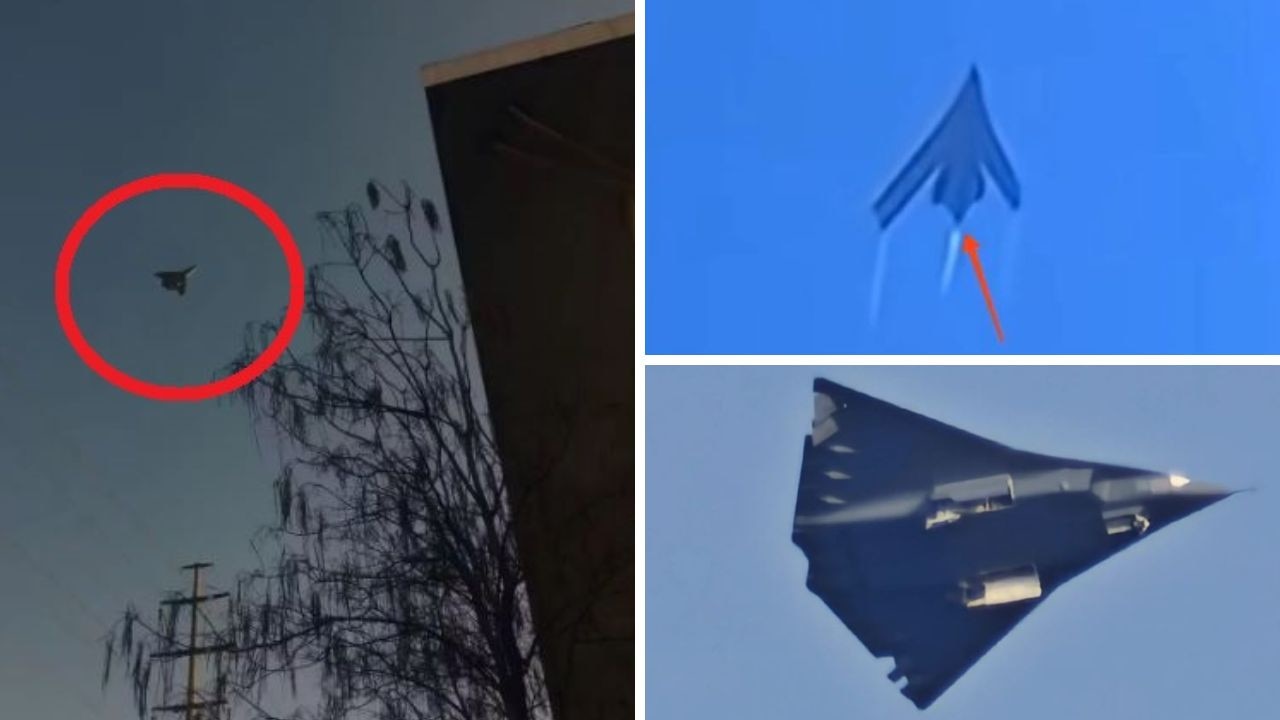CES 2020: The Jetsons got it right when it comes to smart homes but there’s more to come
Robot maids and flying cars are tipped to become real after appearing at the Consumer Electronics Show this, but there are even more smart developments in the works.
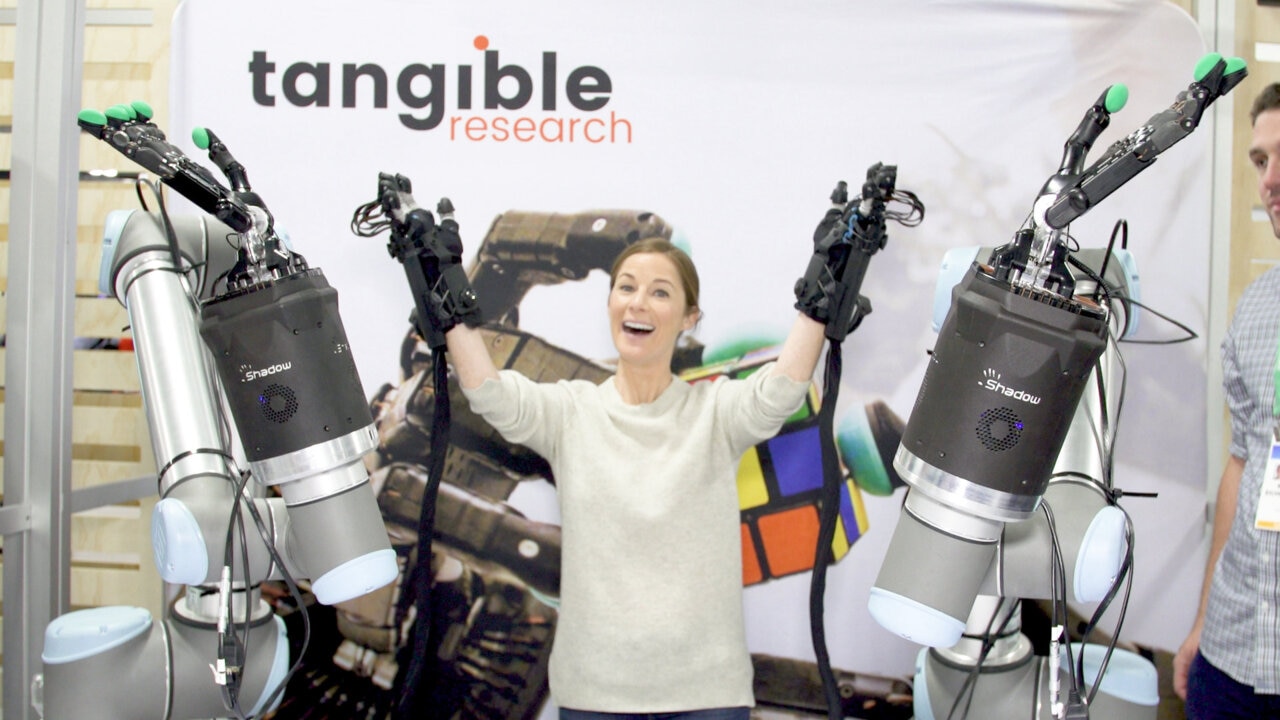
Innovation
Don't miss out on the headlines from Innovation. Followed categories will be added to My News.
- Uber’s e-bike plan for ‘multiple’ Australian cities
- World’s most-hyped plant-based burger set for Australia
Apparently The Jetsons were right: we’re destined to have robotic maids wait on us, cars fly us to work, and smart appliances do our bidding.
But there are also some things the famous cartoon didn’t predict, including smart robotic balls that act as our playmates, connected doors that chill our groceries, and autonomous cars that will do our dry cleaning en route.
Making homes, cars and everyday items more intelligent is one of the biggest themes to emerge from the Consumer Electronics Show in Las Vegas this year, with huge predictions about how our lives will change in the next decade.
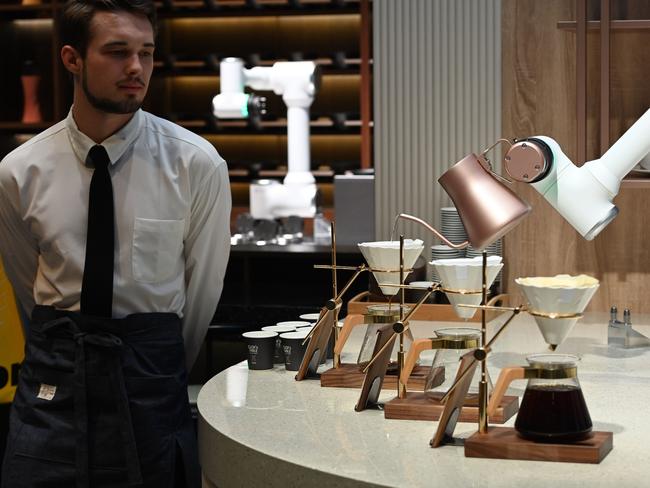
But some firms are taking immediate steps towards our robot-filled future too, demonstrating working prototypes of products you might expect to see in a sci-fi epic.
Rather than just show off bigger and brighter TVs at CES, for example, Samsung opened the doors to some of the more futuristic innovations in its research and development closet.
Its contents included the Samsung Bot Chef, a pair of robotic arms attached to a kitchen wall and equipped to gather and prepare 35 salad recipes, a more artificially intelligent fridge that automatically analyses its contents and suggests meals, and Ballie, a bright yellow robotic companion.
Ballie is designed to recognise and follow its owner, respond to commands, play with the family pet and, when required, patrol the home to ensure security.
Samsung Electronics Australia spokesman Jeremy Senior said the company had no plans to release the device yet but wanted to give consumers a taste of the technology to come.
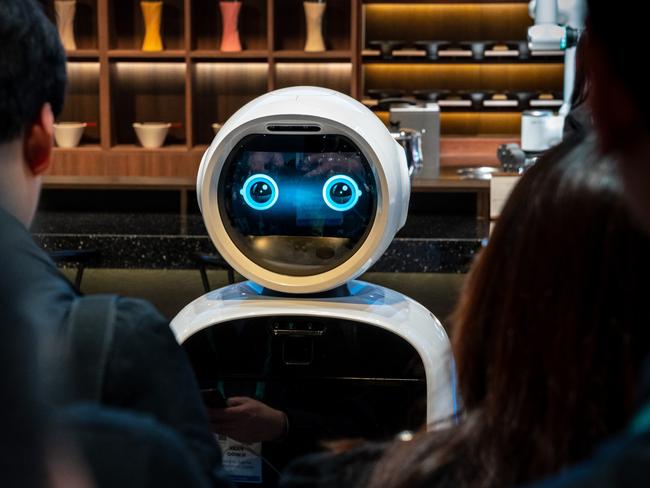
“We’re really looking at products that are going to make life easier,” he said.
“When you look at how we’ll be living in the future, this meets those needs.
“Realistically, this year we will see an expansion of appliances that use our SmartThings platform (to connect to the internet).”
LG had an even bolder vision of the smart home future on display on the CES show floor, however, complete with an autonomous car, an intelligent door, and a mock restaurant filled with robots — some with animated faces, others without bodies.
It came as the company kicked off CES by defining what it saw as the four levels of artificial intelligence, from responding to simple questions to suggesting meditation routines based on work schedules, proactively making restaurant bookings, and showing clothing options on an autonomous commute to work.
LG Australia home entertainment marketing manager Tony Brown said some scenarios were conceptual but other artificially intelligent solutions could arrive within one or two years.
“We know that our competitors have been talking about it for ages but we’re finally bringing artificial intelligence to products,” he said.
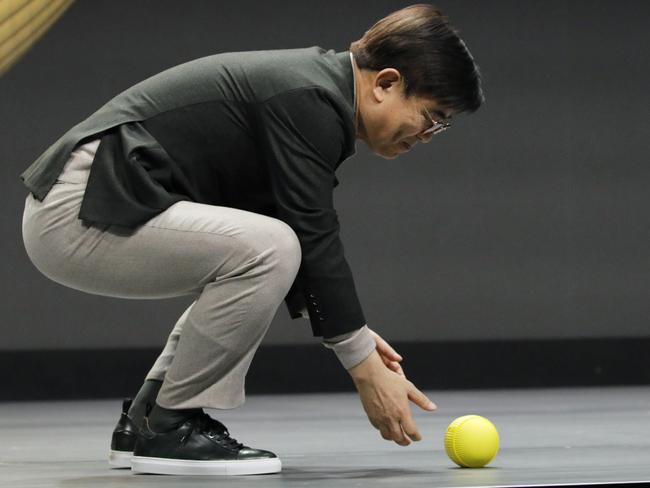
They included LG’s Smart Door and Keeper, a working prototype that allowed homeowners to unlock their front door with a scan of their palm and provide chilled or cupboard storage for couriers delivering online grocery or shopping orders.
The company’s next washing machines were also designed to connect to the internet to automatically determine the correct wash cycle and proactively alert owners to faults, and its latest smart fridges added technology to detect shapes and show an inventory of your vegetable crisper.
More futuristic developments included the mock-up of a self-driving vehicle with a snacks fridge, laundry-cleaning closet, 5G-connected TV screens, as well as a restaurant from the future with two roaming robotic waiters, and robotic arms to prepare meals, wash dishes, and make coffee.
MORE CES NEWS:
Samsung’s mind-bending 2030 vision
‘Congestion tax’ should pay for driverless car infrastructure
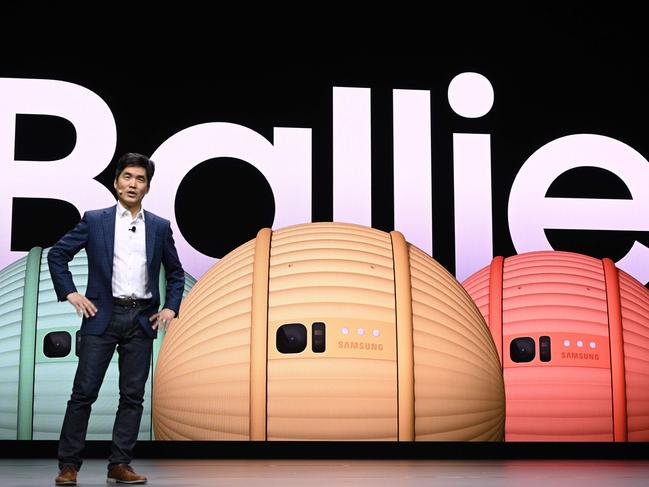
“These robots can put all the components of an omelette together, for example. You don’t need Gordon Ramsey to do that,” Mr Brown explained.
“There is obviously concern about robots taking jobs but these can free up humans to do more creative tasks.”
Other elements seemingly ripped from a Jetsons’ script at CES included a full-scale model of Hyundai’s “flying car” designed for Uber Air, a wearable exoskeleton from Delta Airlines to lift heavy objects, and a smart shower head from Kohler that lets you talk to a Google, Amazon or Apple voice assistant while washing.
Originally published as CES 2020: The Jetsons got it right when it comes to smart homes but there’s more to come



